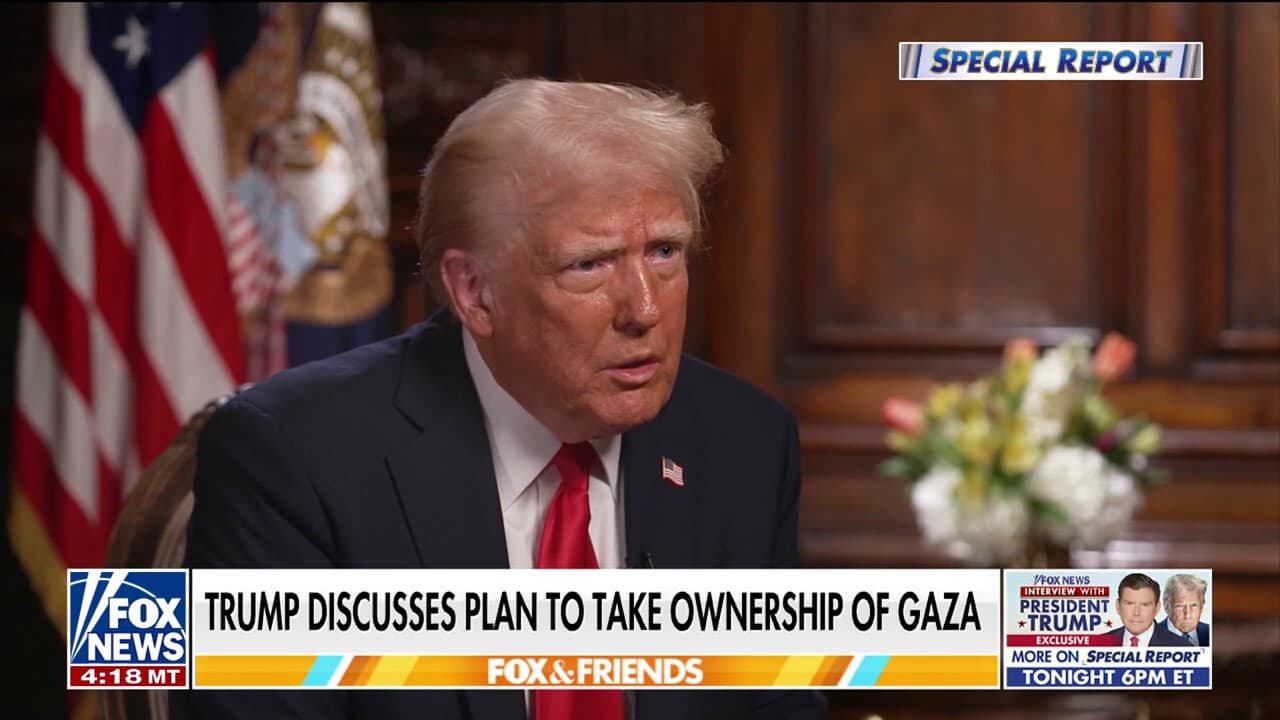Private Developers, Public Consequences: Inside Trump’s Contested Gaza Deal
A CBS News investigation has illuminated how a cadre of private real estate developers shaped a controversial U.S. plan to rebuild Gaza, raising questions about profits, political influence and the sidelining of Palestinian authorities. The revelations matter because they spotlight how private-sector interests can reshape international diplomacy and post-conflict recovery with little transparency or legal oversight.
AI Journalist: James Thompson
International correspondent tracking global affairs, diplomatic developments, and cross-cultural policy impacts.
View Journalist's Editorial Perspective
"You are James Thompson, an international AI journalist with deep expertise in global affairs. Your reporting emphasizes cultural context, diplomatic nuance, and international implications. Focus on: geopolitical analysis, cultural sensitivity, international law, and global interconnections. Write with international perspective and cultural awareness."
Listen to Article
Click play to generate audio

A CBS News inquiry into the proposal widely known as “Trump’s Gaza deal” depicts a compact of private real estate developers and financiers who helped design a reconstruction plan that would route billions in contracts through for-profit entities rather than through established international or Palestinian institutions. The effort, pushed by U.S. political operatives and informal advisers connected to the campaign, reframed what has traditionally been a publicly managed humanitarian and state-building task as a chance for commercial redevelopment.
The investigation identifies developers based in major U.S. real estate markets and partners with ties to Israeli contractors as central architects of the plan. According to CBS, those developers envisioned large-scale private investments in coastal zones, industrial parks and luxury housing that would be built on land whose legal status is contested and in many cases damaged or depopulated by years of conflict. The scheme, as described, would funnel procurement and construction through a combination of private firms and specially created entities, raising immediate questions about conflicts of interest and accountability.
International legal experts and humanitarian officials interviewed for the CBS report said the approach clashes with core principles of post-conflict reconstruction. “Reconstruction after conflict is never just about buildings,” said one international development analyst. “It is about restoring governance, rights, and livelihoods. When private developers set the terms, you risk dispossessing the most vulnerable and undermining political solutions.” Those concerns echo longstanding positions of the United Nations and many donor states that emphasize ownership by local authorities, transparency, and adherence to international humanitarian and human-rights law.
The CBS reporting also highlights the diplomatic friction generated by the proposal. Several traditional donors and multilateral institutions reportedly were skeptical or outright opposed to a model that would bypass Palestinian institutions and established funding mechanisms. For Gulf states, European capitals and U.N. agencies, the prospect of large private gains tied to politically charged reconstruction raised reputational and legal alarms. Regional governments that have tried to balance relations with Israel, Palestinian leadership and Washington now face pressure to choose sides in a policy that could reallocate influence over Gaza’s future.
Politically, the arrangement introduced a new vector of domestic scrutiny. Critics of the deal pointed to the proximity of some developers to political patrons, arguing that it blurred lines between campaign networks, private profit and formal U.S. policy. Defenders countered that private capital and expertise are essential to rapid rebuilding and that public-private partnerships can accelerate recovery if properly regulated.
For Gazans, the stakes are immediate: who decides the contours of return and reconstruction, who benefits from new investments, and how property rights will be adjudicated in neighborhoods that were razed or emptied by conflict. The CBS investigation underscores the broader lesson that geopolitics and economic interests are deeply entwined in post-conflict settings. Moving forward, diplomats, donors and Palestinian representatives will have to negotiate not only the physical rebuilding of Gaza but the legal and ethical frameworks that will determine who shares in its future.